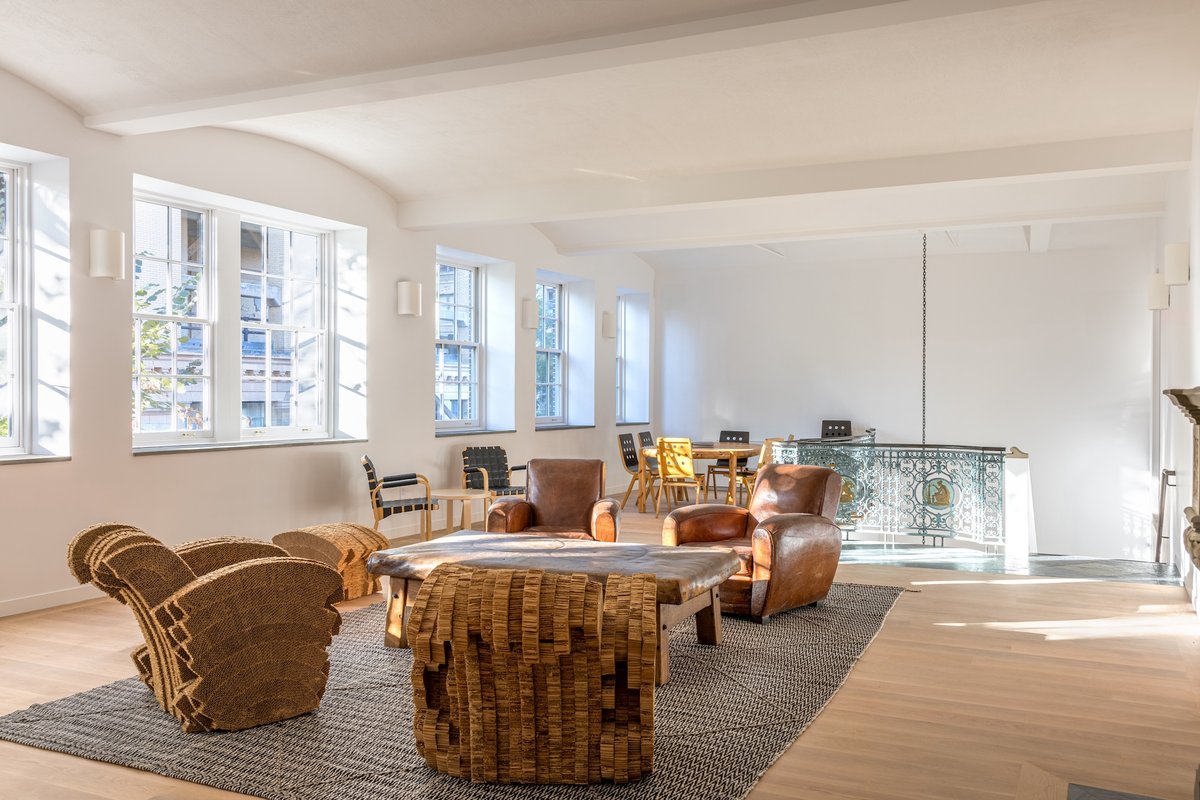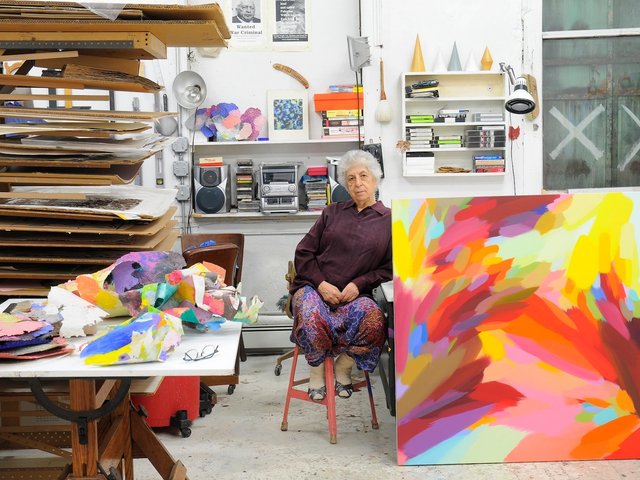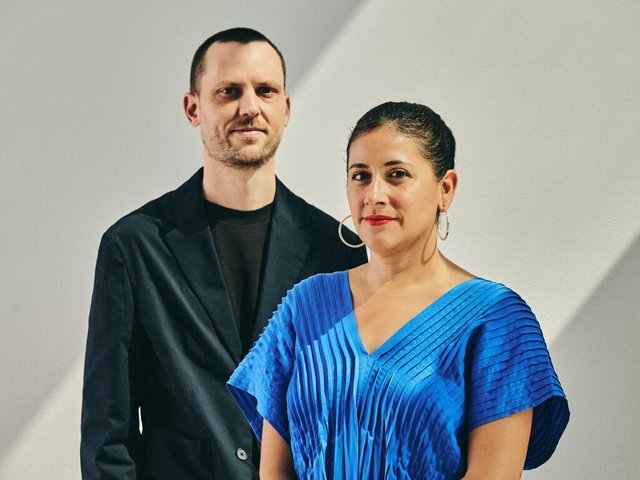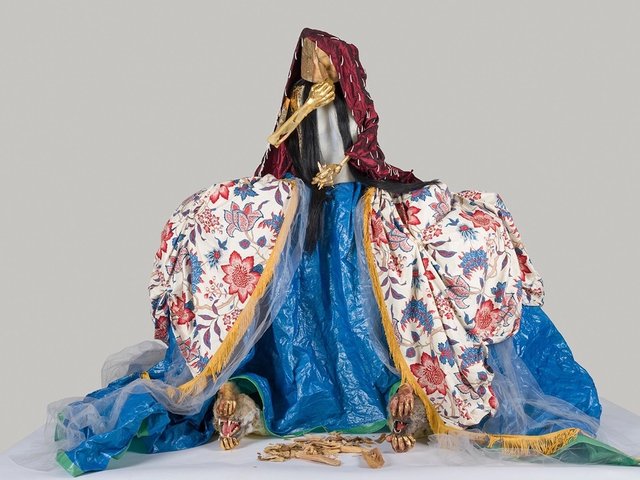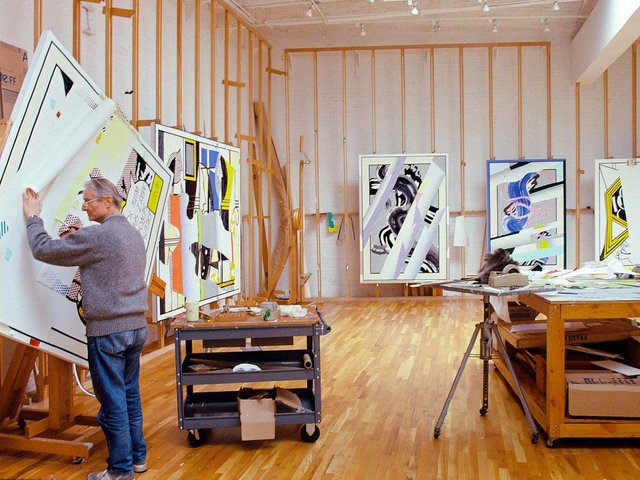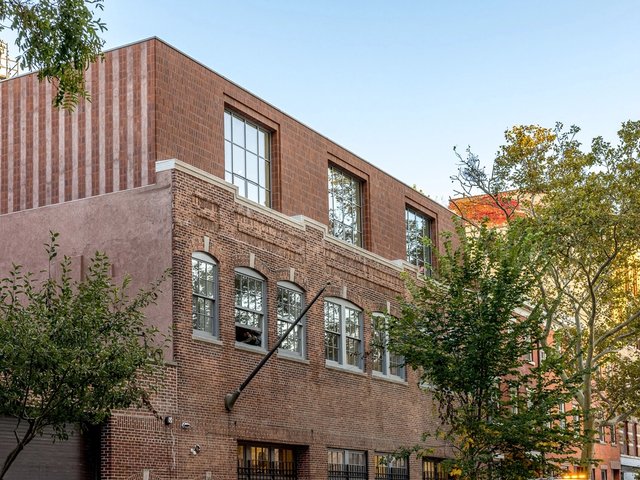The Whitney Museum of American Art has been accused of censorship for cancelling a performance dealing with the ongoing war and humanitarian crisis in Gaza by members of its current Whitney Independent Study Program (ISP) cohort. The artists Fadl Fakhouri, Noel Maghathe and Fargo Tbakhi claim the stated reason for the cancellation was that the work, titled No Aesthetics Outside my Freedom: Mourning, Militancy and Performance, contained “exclusionary and inflammatory” content that violated the museum’s policies.
“While this is an excuse, we do not dispute its accuracy,” the artists write in a statement shared with The Art Newspaper. “Our principles demand that we consider our art to be a space to inflame people towards action and to exclude those who profit from and depend upon the mass death of those deemed disposable and inhuman.”
The performance was scheduled to be held on 14 May as part of the exhibition A Grammar of Attention, although curators were informed two days prior that it would not go forward. A spokesperson for the museum claims that concerns around the performance arose when Tbakhi held a previous iteration of it at another venue last month, which included a preamble that was not due to be featured in the ISP staging. That previous iteration of the performance, according to the museum spokesperson, included Tbakhi calling for “anyone who believes in Israel or America in any incarnation to leave the audience”, and that the artist later “valourised specific acts of violence and imagery of violence”.
The museum spokesperson adds that the decision to cancel the event was not taken “lightly”, although it was “clear and necessary”. They add that there are other works in ISP exhibitions that address the war in Gaza, and that the museum will “continue to support difficult and provocative discussion of important events and social issues”.
In the wake of the cancellation, Sara Nadal-Melsió, the associate director of the ISP, confirmed that the introduction previously delivered by Tbakhi had “admittedly provocative language”, but was not going to be part of the ISP iteration. She argues the performance was “integrated in a nuanced and poetic statement of transnational political solidarity and an examination of entangled colonial, capitalist and anti-Black violence”.
Nadal-Melsió also announced the cancellation of a critical studies symposium scheduled to be held at the museum on 18 May in response to the museum’s decision, which she says undermines its mission of championing “experimental, responsive and risk-tasking” art.
The texts that were due to be shared at the symposium “ask incisive questions about institutions, artworks, labour, bodies and flesh, race, political struggles, colonial violence, death and the very nature of writing and making now”, according to a collective statement from members of the current ISP cohort, who alleged that the Whitney has “surveilled and scrutinised our work, intervened upon our practices, and degraded the independent criticality that has long been associated with the ISP”.
The artists call the cancelation “an act of anti-Palestinian censorship” and “cowardice by an institution materially complicit in the genocide, whose board members profit from the bombs and jets committing the genocide”.
“In the face of this ongoing and escalating brutality, the decision to cancel our performance—a performance whose purpose is to mourn Palestinians martyred in the long struggle for liberation—matters very little,” the artists add. “The only purpose of continuing to make art in this moment is to galvanise audiences towards acting to stop the machinery of genocide. If this cancellation does that, then we have succeeded.”
In a statement on 28 May, the National Coalition Against Censorship condemned the Whitney's decision to cancel the performance. "By communicating that it can (and will) censor artworks if it disagrees with how their artists engage and think about politics, the Whitney Museum, a private cultural institution, mirrors the authoritarian approach of our current presidential administration," Elizabeth Larison, the director of the coalition's Arts & Culture Advocacy Program, said in a statement.
Julie Trébault, the executive director of Artists at Risk Connection, concurred. "Museums are vital gathering spaces that should strive to uphold the highest standards of artistic freedom and make every effort to allow complex, and even discomfiting work to be seen and heard," she said in a statement. "The Whitney has failed in this respect, undermining the inclusivity principles they purport to defend. Selective silencing of works with little to no dialogue between institutions and artists risks creating an environment in which only certain forms of grief, protest or identity are deemed acceptable. Artists must be free to speak truthfully about the realities of violence, colonialism and loss."


